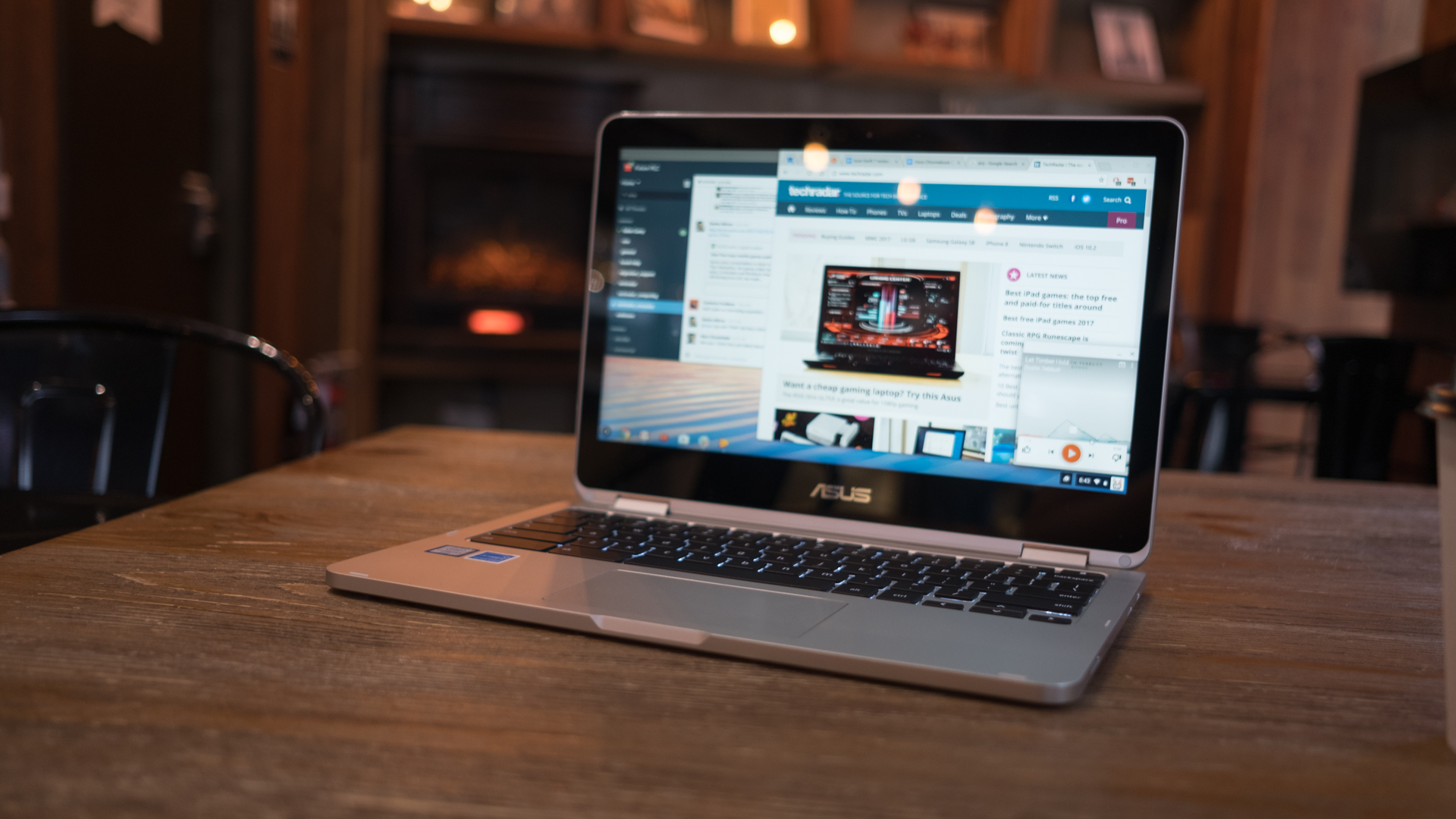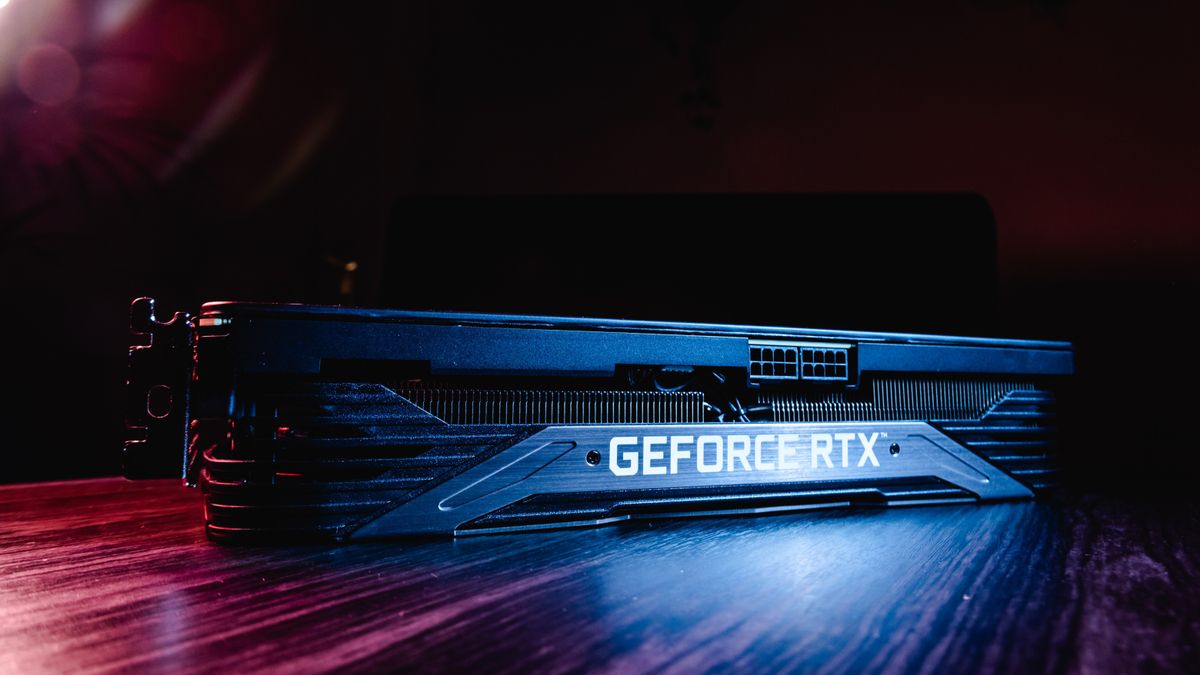From www.techradar.com

More information has been revealed about Intel‘s Twin Lake processors which are all about efficiency and low power usage for budget machines.
In fact, these are CPUs that only have efficiency cores – with no performance cores (the ones you’ll find on Intel’s workhorse desktop chips) – and the successor to the Intel N100 has been revealed to be the N250.
This Twin Lake CPU features four cores clocked at 1.2GHz according to a data mined leak from @InstLatX64 on X (formerly Twitter). It’s expected to be a small upgrade over the previous Alder Lake-N model (N100), but no information exists about the boost clock at this time.
There is a #TwinLake (CPUID B06E0, 4c/4th, 1.2GHz, w/o HTT) among the #Intel test machines:https://t.co/v6qc33SzVDBrand string is “Intel(R) N250” https://t.co/N0Km0vgdgt pic.twitter.com/qqHTcXMAFyMay 14, 2024
As spotted by Toms Hardware, it appears as though the Intel N250 will be built on the Alder Lake-S architecture, meaning it has Gracemont efficiency cores which essentially means the chip will perform similarly to a Core i3. The CPU is far from one of the best processors on the market but pricing could be its saving grace.
That’s because the Intel N100 retails for $55 and we’re expecting the Intel N250 to be around the same price for the successor mobile chipset. This means that low-end Chromebooks and other laptops running with the CPU shouldn’t see a price increase despite superior performance, which could make all the difference.
For reference, we can turn our attention to the best Chromebooks at the budget end of the scale and what they offer. Those cash-strapped and wanting lightweight computing power can consider the likes of the Lenovo IdeaPad Flex 3 Chromebook for $349. The kicker, however, is a weak sauce 1.1GHz Intel Celeron N4020 CPU.
That processor is about as barebones as it gets with its dual-core design and just a 6W power usage, and boost clock of 2.8GHz. It’s an ancient chip in computing terms having launched in 2019, despite being used in modern Chromebooks. In contrast, the leaked N250 boasts double the potential performance.

Twin Lake processors could speed up cheap Chromebooks
While Chromebooks are far from the leading-edge in terms of laptop performance, they offer low prices and lightweight applications as they are mostly web-based. However, doubling the processor’s power will be noticeable, and will improve all-round performance with nippier web browsing, word processing, media playback, encoding, and more.
The N250 is reminiscent of what we used to see from Intel quad-core processors in the time before Core i5, i7, and i9 chips hit the scene. Twin Lake looks to be a compelling improvement over Celeron which continues to cling on after all these years, and while seemingly iterative on the N100 chip, the inbound N250 should provide a solid boost.
You may also like…
[ For more curated Computing news, check out the main news page here]
The post Intel’s new CPUs may sound weak, but they could be great news for affordable Chromebooks first appeared on www.techradar.com





/cdn.vox-cdn.com/uploads/chorus_asset/file/25546355/intel_13900k_tomwarren__2_.jpg)







